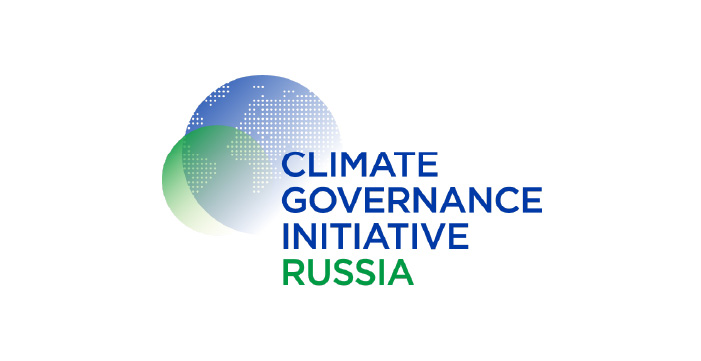Date: 25 March 2021

Host:
CGI Russia, in collaboration with Skolkovo, Moscow School of Management
Panellists:
- Leonard Fedon, Executive Member of Board of Directors, LUKOIL, Russia
- Vicky Hollub, President and CEO, Occidental, US
- Patrick Pouyanne, Chairman and CEO, Total, France
- Tengku Tafiq, Group CEO and Executive Director, Petronas, Malaysia
Moderator:
Mark Campanale, Founder and Executive Chairman, Carbon Tracker Initiative
It is widely understood the world needs to be less reliant on oil and gas. Being reliant on fossil fuels not only puts the planet at risk, but also our national security and economy. When it comes to climate change, the global oil and gas industry has a crucial role to play.
This discussion, which took place on the penultimate day of the CGI’s Global Summit, brought together representatives from four global energy companies headquartered in France, Malaysia, Russia and the US to discuss the challenges that the industry faces in the transition to net zero.
The panellists agreed that global energy attitudes are changing and, as a result, oil and gas companies must quickly adapt to a net zero future to ensure their relevance. As Tengku Tafiq, Petronas’ Group CEO stressed: “A (net zero) transition strategy is not only necessary, but critical” to Petronas survival.
A transition to net zero – alongside increasing global energy demand and electrification requirements – is going to require more renewables, biofuels and green hydrogen energy; and less oil and gas. This presents a clear opportunity for oil and gas companies to strengthen their long-term positions by transitioning to a net zero pathway and investing in alternative energy solutions. The panel heard how Total, for example, is repositioning itself to become a multi-energy company, changing its name to Totalenergies and embracing the net zero transition. “Total’s ambition – to get to net zero by 2050 – will strengthen the company’s position in the long run,” said its chairman and CEO, Patrick Pouyanne.
The industry is already transitioning, with nature-based solutions acting as carbon sinks to provide a means of offsetting emissions from the energy sector (and others). One such example is the development of carbon farms in Russia, where natural resources are abundant. Occidental in the US is focusing on capturing anthropogenic (from industry) and atmospheric (direct air capture) CO2 – installing the largest direct air capture facility in the world that is providing opportunities for both emissions reduction and removal.
Occidental is also exploring synergies with other hard to abate sectors including chemicals and construction. Carbon capture and storage (CCS) is part of the solution for residual emissions from the energy sector, but it needs to be applied at scale to be cost effective, and further studies are needed in the area.
The panel flagged that investors are increasingly asking for climate reporting transparency. Many large energy companies are already reporting scope 1 (direct) and scope 2 (indirect) emissions, and are beginning to explore scope 3 (supply-chain) emissions. If better information can be provided to investors, investment can be channelled to where it is most needed in the net zero transition.